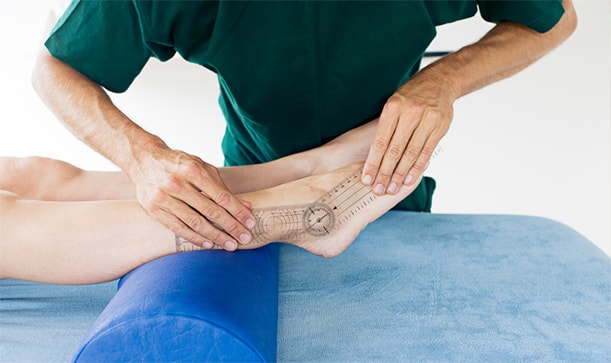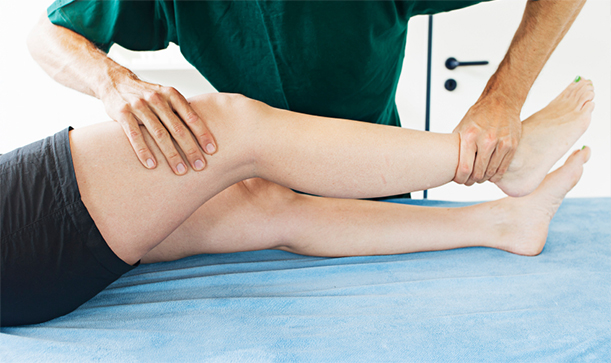CK Physiotherapy
AREAS COVERED
W7, W5, W13, Ealing, West London
57 Elthorne Avenue
Hanwell, W7 2JY
T: 020 8566 4113
M: 079 572 46185
E: info@ckphysio.co.uk
Location / Parking
We are situated in Hanwell, between Boston Manor Road and Northfields Avenue, south of the Uxbridge Road.57 Elthorne Avenue
Hanwell, W7 2JY
There are parking restrictions Mon - Fri 9-10am and 2-3pm. If you need a permit during this time please inform your therapist when you arrive. There are no parking restrictions at other times.
Opening Times
Please phone the number above during working hours to make an appointment. Our reception service will be happy to book your session.
London Underground / Bus Services
London Underground
10 min. walk from Boston Manor Tube Station.
15 min. walk from Northfields Tube Station.
Bus Service
E8, E3, E2, 207, 607, 83
Request Call Back
Our Blog
How Effective is Physiotherapy in London for Urinary Incontinence?
By: BryanKelly (Psst, View author in Google Plus) Date: Mar 24th, 2016A common condition amongst both men and women, urinary incontinence refers to the uncontrollable and unintentional passing of urine, which usually occurs during physical movements such as exercising, coughing, sneezing and laughing. Affecting over 20 percent of people in the UK aged over 40, it is a distressing and socially disrupting ailment that many find too embarrassing to discuss with their doctor. However, there are many reputable physiotherapy clinics in London, such as CK Physiotherapy, that offer you treatments.

Urinary incontinence can sometimes result from an underlying problem such as obesity, menopause, or, in the case of men, an enlarged prostate gland. It can also become an unwelcome concern during pregnancy or following a vaginal delivery. All of these medical conditions can cause the pelvic floor muscles, the muscles that control the bladder, to weaken.
Before considering medication or even a surgical operation as a way of treating urinary incontinence, it is recommended that physiotherapy should be undertaken. Physiotherapy is one way in which sufferers of urinary incontinence can strengthen their pelvic floor muscles and experience fewer “accidents”. After an initial assessment regarding overall health, questions relating to family medical history and an internal examination to determine whether the pelvic floor muscles are able to contract at will, an intensive training programme will be drawn up which will include exercises that will need to be carried out at home on a regular basis. In rare cases where the muscles that support the bladder and urethra are unable to contract at will, alternative treatments can be offered such as electrical stimulation therapy.
As well as pelvic floor exercises, physiotherapy will also involve various lifestyle changes that will ultimately help to effectively treat urinary incontinence. These changes centre on diet and fitness habits and advice will be given such as what to eat and drink and what types of things are best avoided. Alcohol and caffeine-based beverages are the biggest concern as they both greatly increase the production of urine. Other advice, such as how to use the pelvic floor muscles correctly will also be given in an effort to prevent involuntary leaks.
Sources:
Physiotherapy works: Urinary incontinence, CSP.org.uk
Urinary incontinence – Non-surgical treatment, NHS.uk





